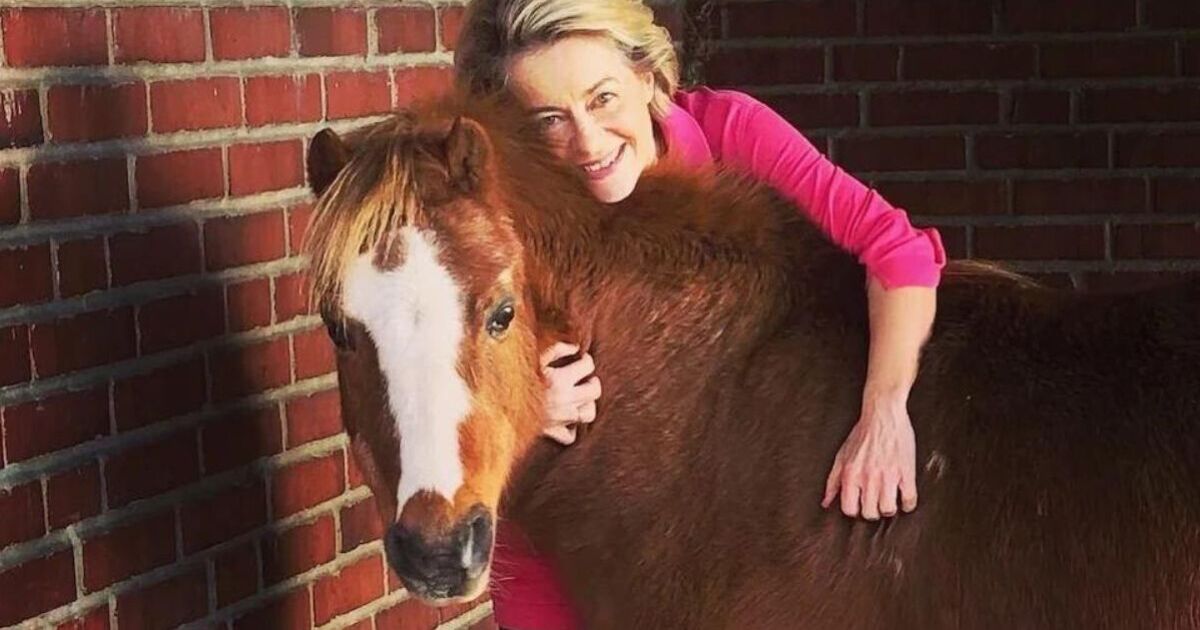EU’s proposal to downgrade wolves from “strictly protected” to “protected,” with the potential for increased hunting, has sparked fury.
The move comes after the death of Ursula von der Leyen’s pony, Dolly, at the hands of a wolf two years ago.
European Commission President Von der Leyen, who announced plans to revise wolf protection laws in 2022, cited that “concentration of wolf packs in some European regions has become a real danger, especially for livestock”.
The new proposal would allow for more flexibility in managing wolf populations, including legal hunting under certain conditions, sparking outrage among animal welfare organisations and other NGOs.
Sofie Ruysschaert, Nature Restoration Policy Officer at BirdLife Europe said: “By taking aim at the wolf, Europe has shot itself in the foot.
“By catering to populistic scaremongering campaigns and abandoning facts and pragmatic solutions, both the EU and the German government are further undermining European democracy and cohesion.”
Sabien Leemans, Senior Biodiversity Policy Officer at WWF European Policy Office added: “How can we ask other regions to protect their biodiversity and live with species like tigers, lions, or elephants, when we cannot live together with the wolf?
“The message coming from the EU today is truly embarrassing: we preach to the world about conservation while dismantling one of our biggest conservation successes in decades.”
Social media platform X also saw green groups and activists express grief over the proposal.
Animal Action Greece posted: “Downgrading the protection status of wolves is a step backward for wildlife conservation and coexistence.”
While a Portuguese user said: “I’m so ashamed of my country and the EU.”
World Wide Fund For Nature (WWF) shared: “Instead of looking for solutions, such as investing more in preventive measures to achieve coexistence, the EU chooses to allow wolf hunting.
“A shameful day for the EU.”
On the other hand, Herbert Dorfmann of the European People’s Party (EPP) welcomed the proposal, saying: “This is a major breakthrough in tackling the sharp increase in wolf populations, which pose a growing threat to pastoral farming, tourism, and rural communities across Europe.”
“We are glad to see the European Union institutions listening to the needs of farmers and rural dwellers despite the many pressures from those who often don’t have to deal with the consequences of attacks,” stated Copa-Cogeca, EU’s most powerful farmers’ union, who have been increasingly protesting livestock losses caused by the wolves.
EU’s move to ease protections for wolves under the Bern Convention has now gained support from all governments, with only two oppositions, namely Ireland and Spain.
Germany, a key player in the decision, backed the proposal, with Environment Minister Steffi Lemke describing it as “justifiable from a nature conservation perspective and necessary from the point of view of livestock farmers.”
A formal vote on the measure is expected today, with changes likely to be tabled at the Bern Convention in December.








Leave a comment